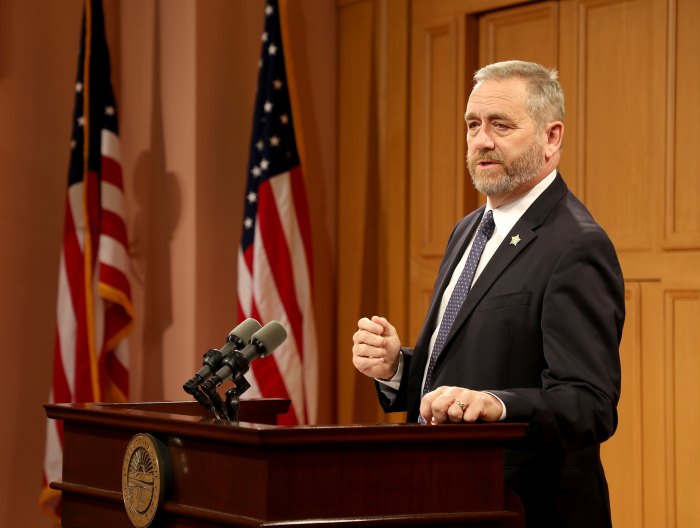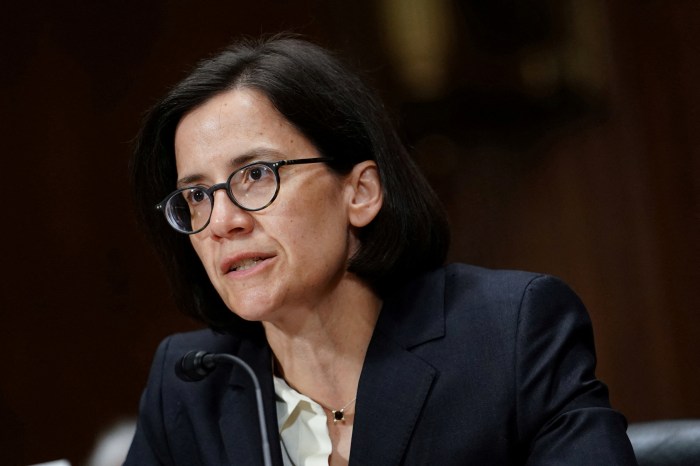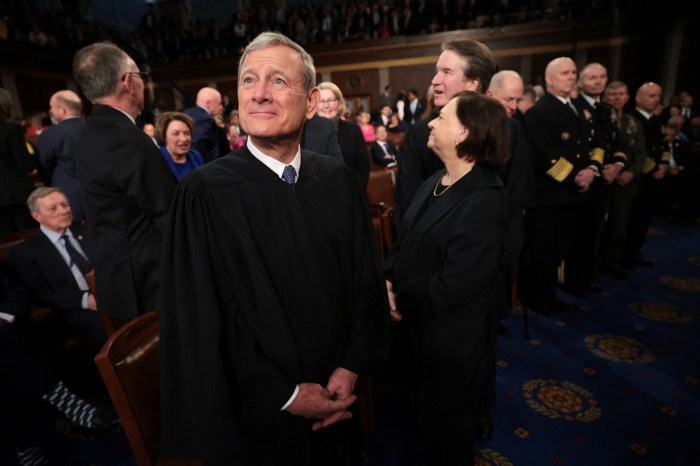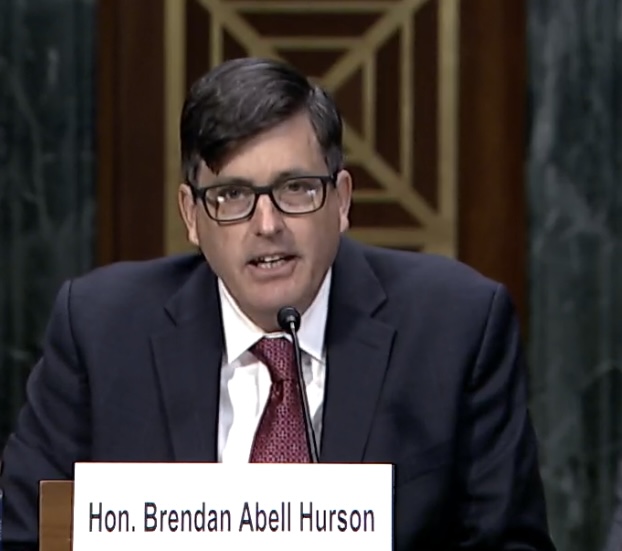A three-judge panel of the Ninth Circuit Court of Appeals, in a 2-1 decision, has affirmed a 2010 federal district court ruling that struck down California’s Proposition 8.
In the majority opinion issued on February 7, Judge Stephen Reinhardt wrote, “Although the Constitution permits communities to enact most laws they believe to be desirable, it requires that there be at least a legitimate reason for the passage of a law that treats different classes of people differently. There was no such reason that Proposition 8 could have been enacted… all parties agree that Proposition 8 had one effect only. It stripped same-sex couples of the ability they previously possessed to obtain from the State, or any authorized party, an important right.”
Referring to the federal guarantee of equal protection of the law, Reinhardt wrote, “We consider whether that amendment violates the Fourteenth Amendment of the US Constitution. We conclude that it does.”
Voter approval of Prop 8 in November 2008 overturned a California State Supreme Court ruling in May of that year that found same-sex couples had the right to marry under that state’s constitution.
“Proposition 8 serves no purpose,” Reinhardt continued, “and has no effect, other than to lessen the status and human dignity of gays and lesbians in California, and to officially reclassify their relationships and families as inferior to those of opposite-sex couples. The Constitution simply does not allow for ‘laws of this sort.’”
The court, however, declined to decide the larger question of whether “under the Constitution same-sex couples may ever be denied the right to marry.”
Reinhardt wrote, “We need not and do not answer the broader question in this case, however, because California had already extended to committed same-sex couples both the incidents of marriage and the official designation of ‘marriage,’ and Proposition 8’s only effect was to take away that important and legally significant designation, while leaving in place all of its incidents. This unique and strictly limited effect of Proposition 8 allows us to address the amendment’s constitutionality on narrow grounds.”
The Ninth Circuit panel, then, did not tie its decision to affirm District Judge Vaughn Walker’s August 2010 ruling to the central issue facing the marriage equality movement –– whether the Fourteenth Amendment requires that same-sex couples enjoy equal access to marriage rights nationwide.
Writing in dissent, Judge N. Randy Smith argued, “I am not convinced that Proposition 8 is not rationally related to a legitimate governmental interest.” He found that the state could argue that steering procreation into an “optimal parenting” model of a family headed by a heterosexual married couple is rationally related to “a legitimate governmental interest.”
The legal challenge to Prop 8 was brought by the American Foundation for Equal Rights on behalf of two same-sex couples denied marriage licenses. The AFER legal team includes all-star attorneys David Boies and Ted Olson who famously dueled before the Supreme Court in the Bush v. Gore case that decided the 2000 election.
The state constitutional amendment is not being defended by either California’s governor or its attorney general. A portion of the Ninth Circuit panel’s ruling found that the Proponents of the amendment have standing to appeal Walker’s ruling.
The Proponents can now seek review by a broader, en banc panel of the Ninth Circuit or by the US Supreme Court. Those courts may focus on the narrow frame articulated in the Ninth Circuit decision or could look more broadly at the underlying equal protection issue.
This is a developing story…






























